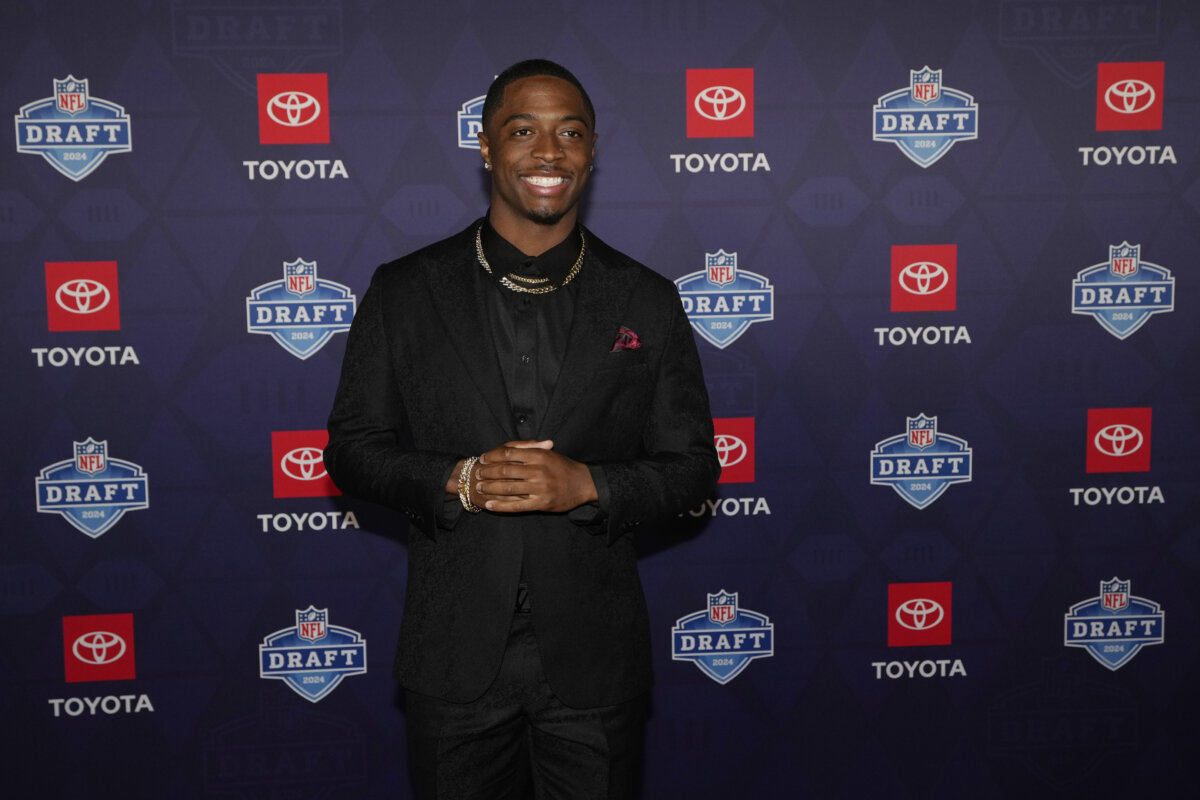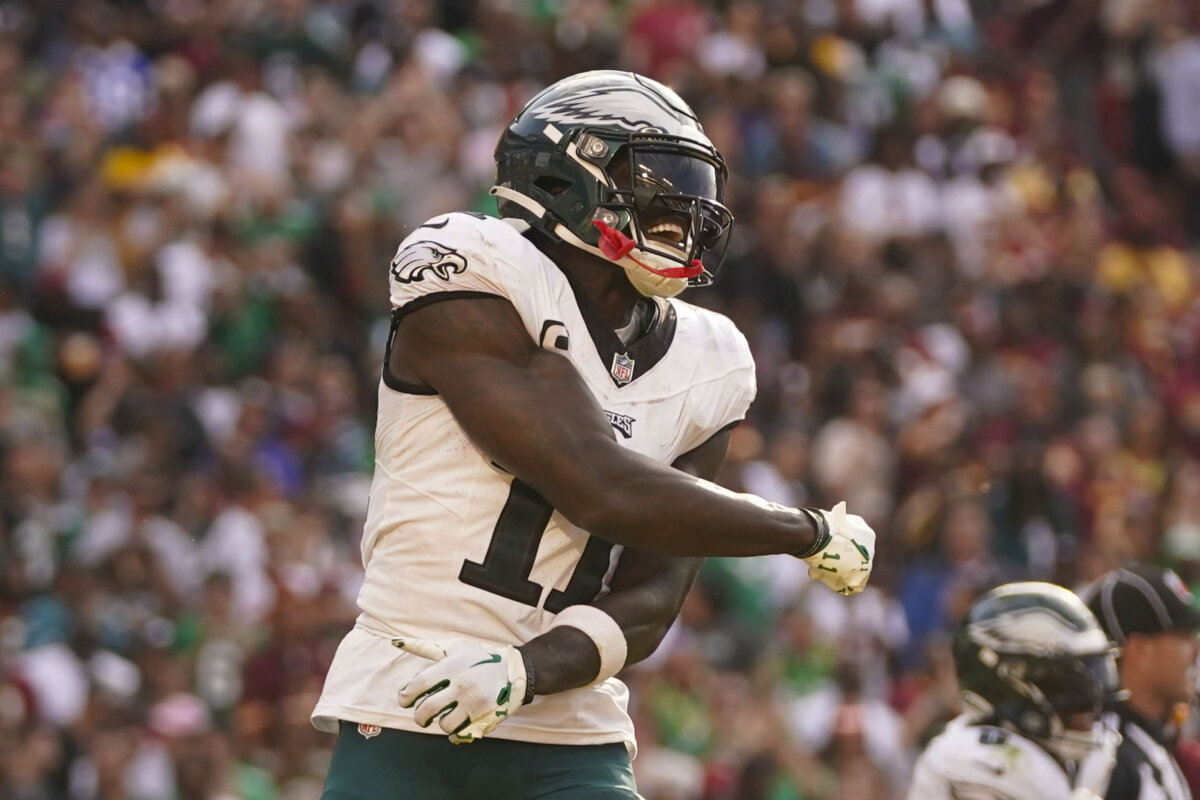Harrisburg recently passed a strange patchwork of driving legislation that restricts rules for teen drivers while allowing cell phone users more wiggle room.
One piece of legislation, which was signed by Gov. Tom Corbett in October but takes effect today, puts extra safeguards on young drivers.
Named “Lacey’s Law” after a Philadelphia
18-year-old who died in a 2007 wreck when the driver of an
SUV carrying the victim and six friends, none wearing seatbelts, lost
control on a foggy road, the legislation increases the number of behind-the-wheel practice hours from 50
to 65 and mandates that 10 of the extra hours must be practiced at night and
five during bad weather.
It also reduces the number of passengers teen
drivers can transport — without parental
supervision, a young driver can only carry one nonfamily passenger for
the first six months after getting a junior license. If the driver hasn’t caused an accident once the six months are up, he or she can drive up to three minor passengers who aren’t immediate family members without supervision.
But all of those minor passengers better be buckled in — the law makes minors riding without a seatbelt a primary offense, one that serves as reason alone enough to pull over a car and that is punishable by ticketing. In this case, violators face a $75 fine.
The second driving-related bill was signed by Corbett Nov. 9 and will take effect Mar. 7, 2012, making Pennsylvania the 35th state to ban texting while driving and also decreeing the act a primary offense.
However, the legislation usurps the similar but stricter law passed by Philadelphia City Council and signed by Mayor Michael Nutter effective Nov. 1, 2009 that curbs any kind of cell phone usage by drivers, bikers or skaters in the city.
Not only was virtually identical legislation voted down by the State House Legislative Committee in April of 2009, but the House unanimously passed a bill the same month threatening to revoke nearly $90 million in gas-tax revenue and infrastructure funding if the Philly cell phone ban became law, reasoning that the municipality enacted an ordinance contradicting state vehicle code. Luckily, that did not fly in Senate.
In the latest round of cell phone legislation, Senate reportedly supported a more comprehensive ban similar to that in Philadelphia, but many Republican House Representatives were opposed to farther-reaching legislation that would address more than simply texting while driving and the scope was cut.
So, soon, while it will be illegal for teens to drive (or ride) without seatbelts, have more than three passengers in the car and take less than 65 hours of behind-the-wheel-training, they will once again be welcome to talk, check emails and look at their phone’s GPS while behind the wheel in Philadelphia.





























